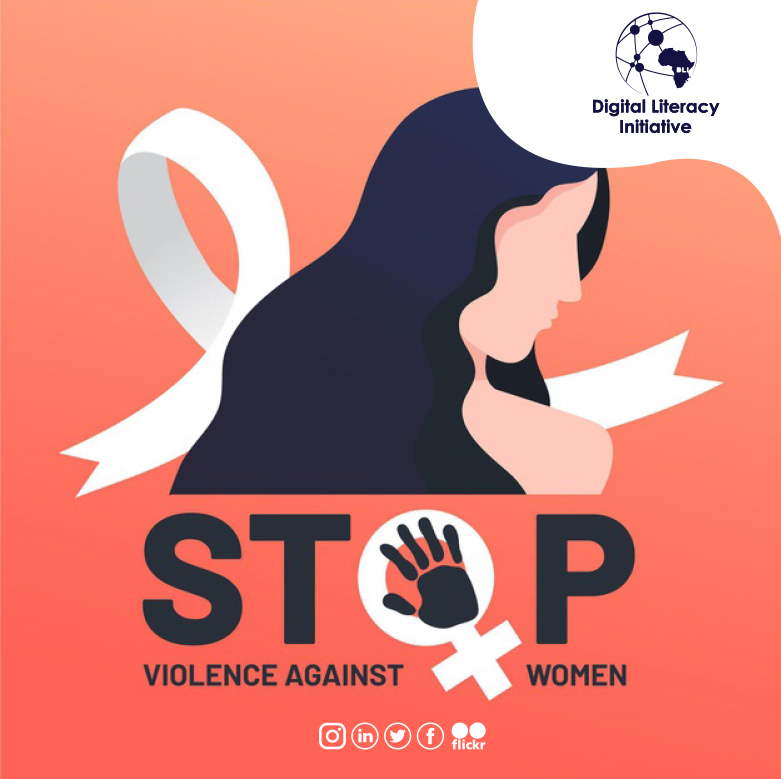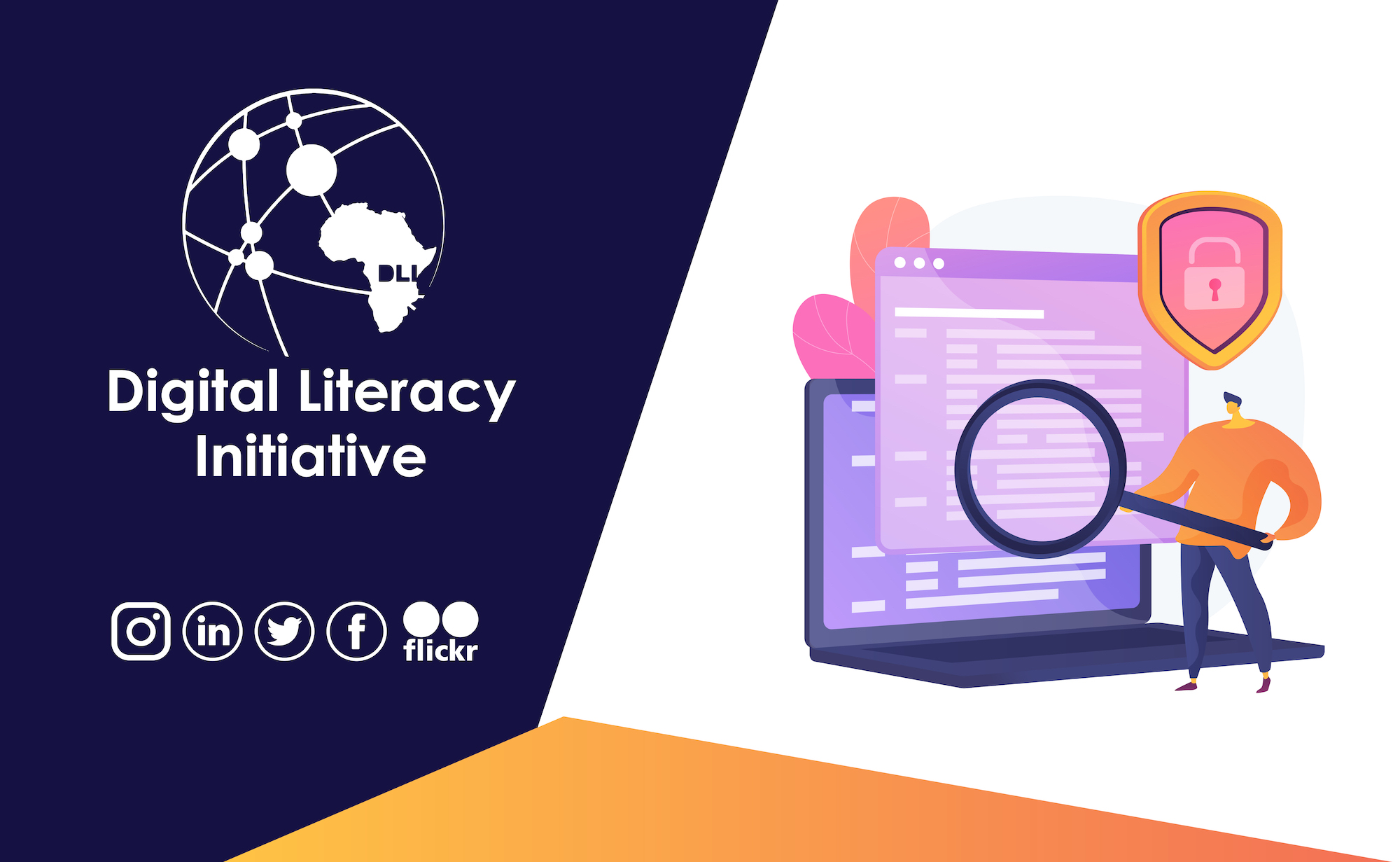By Innocent Adriko and Joan Katambi
Digital Literacy Initiative participated in a stakeholder’s workshop organized by Women of Uganda Network (WOUGNET).The Policy Dialogue gathered key stakeholders and policy influencers in promoting Women Rights in Uganda to discuss about the African Declaration on Internet Rights and Freedom Principles and WOUGNET Policy Paper on the Status of Women Rights Online to help reduce the gender digital gaps in internet related policies and laws in Uganda.
The report noted the low levels of public awareness about privacy and data protection, with many citizens tending to be indifferent to privacy and data protection issues. The report further indicated that the state of personal data protection tends to mirror and to affect the state of internet freedom in a country. It highlights that various African countries are witnessing disturbing developments on the internet freedom front including an increase in digital rights violations such as: arrests and intimidation of online users, internet blockages, social media shutdowns and a proliferation of laws and regulations that undermine internet access and affordability, and weaken ICT’s potential to improve livelihoods.
Around the world, countries, companies and citizens are grappling with thorny issues of free expression, censorship and trust. This era presents challenges and opportunities for those who wish to ensure the Internet remains a backbone of liberty and economic growth. The Internet can only be a tool to empower the people of the world if rights are recognized, protected and respected. The African Declaration on Internet Rights and Freedom Principles were developed in response to the growing need of protecting Human Rights and Freedom in the digital age.
The policy dialogue was presented to improve the implementation of the Internet related policies to promote Women Rights Online focusing on five key principles of the African Declaration on Internet Rights and Freedom Coalition (AfDec).





